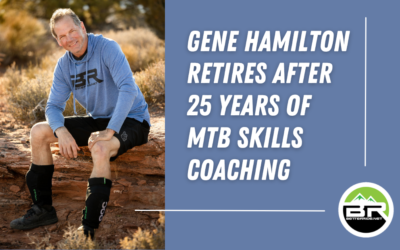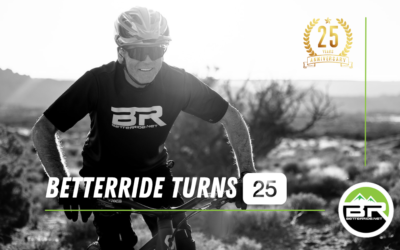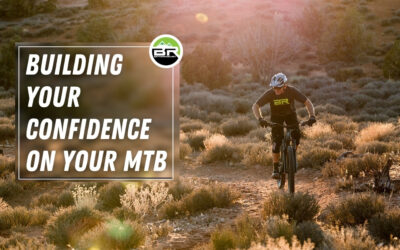Would you be upset if you paid for a mountain bike lesson that ended a broken collarbone? All because the instructor wasn’t trained well enough to keep you safe?
Two weeks ago a friend called an invited me to ride Winter Park resort with him. He said his wife and her friend would be taking lessons while we were riding. I was excited as I didn’t think any resorts in Colorado were still operating during the week so this would be my final lift served riding of the year! The day started out great, no lift lines, cool weather, a perfect day, Hans and I were having a blast! Then, after lunch Hans’s phone rang, it was his wife, her friend had broken her collarbone and punctured a lung. We raced down to the onsite emergency room and checked in, she was in a lot of pain!
A mountain bike lesson should NEVER end with a broken collarbone! She was no where close to having the core skills mastered enough to be hitting jumps on Rainmaker (Winter Park’s expert “jump trail”). Why did her “instructor” take her there? No good can from trying to short cut the learning process! In this case a lot of bad happened, a student was injured and her confidence was set back a few notches.
I never want my students feeling “lucky” that made some feature on the trail. I want them to approach a feature with confidence, knowing that they can make it (not hoping they can make it). You do this by slowly, using baby steps as you progress. I love getting emails from students who just made a rock garden or loose corner that they had never made before and they mention that coolest thing wasn’t just making it, the coolest thing was knowing how and why they made it and being able to confidently do it again. Just because you made a jump/rock garden/switchback/etc without crashing does not mean you have the skill to it consistently. Riders get away with mistakes all the time but, when those mistakes happen in a tougher situation (such as big jump vs. a little jump) the consequences can me disastrous.
How do riders learn enough to hit big jumps with confidence? First they master the two foundation skills that all mtb skills are based on, body position and vision. Notice, I did not say they understand vision and body position, I said they “master” those skills. Mastering means that they do both of those skills correctly 100% of the time no matter how challenging the conditions are. Once they have mastered those two skills jumping is actually fairly easy, especially if you start small, master small jumps, then baby step your way up to bigger jumps.
I feel sorry for both the student who broke her collarbone and her well meaning instructor. The student is still in pain two weeks later and her confidence is at rock bottom and her fitness getting worse by the day. The instructor probably feels really guilty (as he should) but it isn’t 100% his fault. His training and education as an instructor are at fault. He should have been taught that many, many students want to do things they are not ready for and part of your job as coach is to protect your student from doing what she isn’t ready for yet. Instead, he did the opposite (as I might have done too at his age, he looked to be in his mid to late 20’s).
As someone who has been coaching and studying how to coach since 1989 I am really disappointed in what is happening to well meaning mountain bike “coaches” and students. The coaches, as well meaning as they are simply aren’t coaches yet. I respect their desire to help others and 99% of them really, truly want to help other riders, they simply don’t know how to do it yet. It took me ten years of being coached, taking coaching and teaching classes, studying books on the subject and coaching five to seven days a week to become a good coach. It took another ten years to become a much better coach than I was then (17 years ago) and I’m still learning after 27 years of coaching.
Coaching isn’t just about sharing knowledge, coaching is about getting the student to consistently do what you are teaching, not getting them to simply understand how to do it. Did you ever receive an A in class that was really hard? Did you feel that you could effectively teach that class after you got that A, I doubt it. Well, imagine taking a two day class in a subject and then becoming a teacher!
In short, coaches need a much better educational than are getting. An education based on how people learn physical skills, how to teach those skills and with the skills being taught backed up by physics and by the top riders in the world ! I hope I never see another well meaning but under educated coach teaching students to ride off balance and not in complete control or a coach coaching all students as if they were the same person, ignoring physical and mental differences in their students.
My goal as always been to help others reach their life goals. Since my camps usually sell out and I don’t want the stress of running a business with 13 contractors anymore I have decided to offer a certification program in 2017. This certification will cover my holistic approach to coaching (learning physical skills is not just physical, there is huge mental component too) and require at least ten days (in three day sessions plus one day of testing) with me, and at least 100 hours of study time (with tests). More on that in my next blog post.






Comments